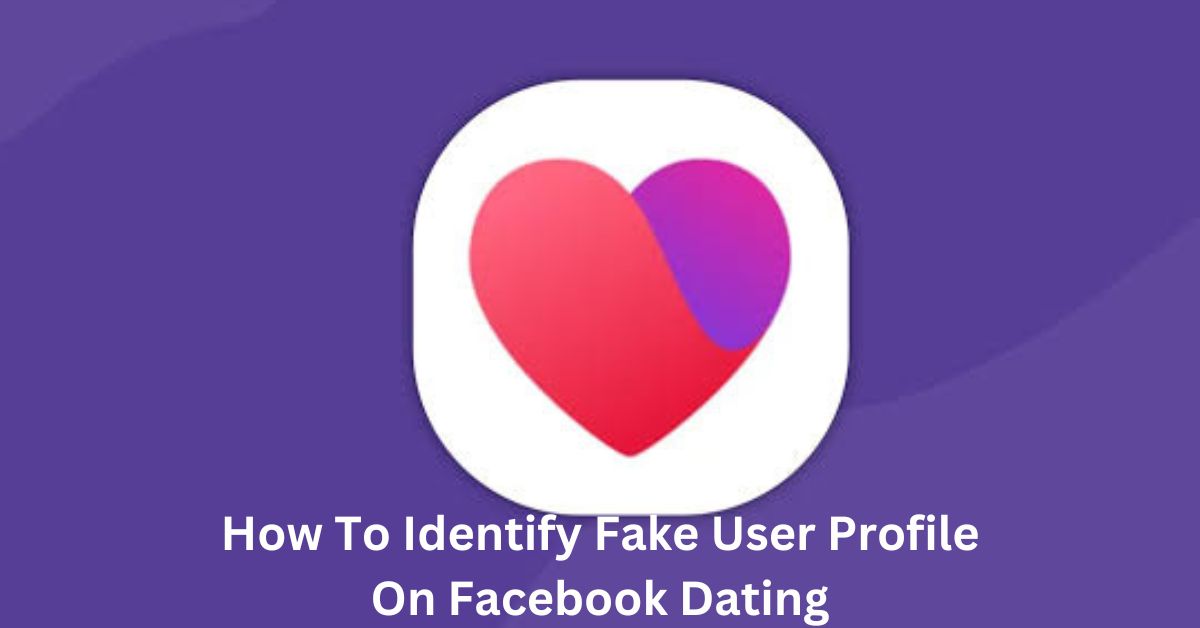Identifying a fake user profile on Facebook Dating, or any online platform, can be challenging, as scammers are often adept at creating convincing profiles. However, there are some common signs and red flags that may indicate a fake profile. Keep in mind that these signs are not definitive proof, but they can help you exercise caution:
Limited Profile Information:
Fake profiles often have minimal information filled out. Look for incomplete profiles or generic details.
Check for inconsistencies in the information provided, such as conflicting details in the bio or employment history.
Fake or Stock Photos
Use reverse image search tools to check if the profile pictures are stolen from elsewhere on the internet. Fake profiles often use stock photos or images of models.
Too Good to Be True:
If the profile seems too perfect or if the person appears exceptionally attractive, be cautious. Scammers often use idealized images to lure people in.
Unrealistic Job or Life Situation:
Be skeptical if the person claims to have an exceptionally high-status job or an extravagant lifestyle without much supporting information.
Quick to Move Off the Platform:
Scammers may try to move communication off the dating platform quickly, often to another messaging app or email. Be wary of users who are in a rush to get your personal contact information.
Requests for Money:
One of the most significant red flags is if the person starts asking for money or financial assistance. Legitimate connections won’t ask for money early in the relationship.
Poor Grammar and Spelling:
Many fake profiles originate from countries where English is not the first language, leading to poor grammar and spelling in their messages. However, this differs because if you meet the educated scammers, they are always well articulated.
Inconsistent Responses:
If the person provides inconsistent or evasive answers to your questions, it could be a sign that they are not genuine.
Limited Social Media Presence:
A lack of a broader social media presence or a profile that has been recently created might indicate a fake account.
Check Mutual Friends and Connections:
Look at the person’s friends list and connections. If you have mutual friends, consider reaching out to them to verify the person’s authenticity.
Conclusion
Remember, these are general guidelines, and some legitimate users may exhibit one or two of these traits. It’s essential to use your judgment and take your time getting to know someone before sharing personal information or engaging in financial transactions. If you suspect a profile is fake, report it to Facebook for further investigation.
